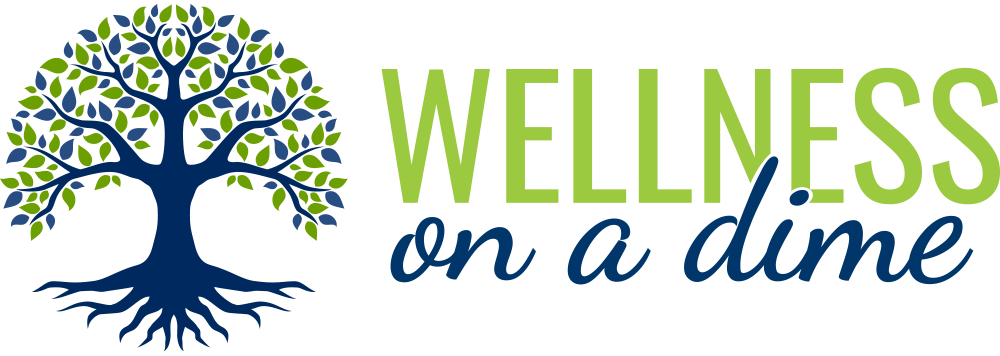 When you’re serious about getting fit, you need consistency. That means you need to push through aches and exercise every day. You will have days when you feel like laying on the couch instead of working out. When you first start, that could describe every day. If you workout instead, you often feel less achy because the increased movement boosts circulation and triggers the release of natural pain relievers. There may come a day when you’ve pushed too hard and need a rest day. How do you know when that time has arrived?
When you’re serious about getting fit, you need consistency. That means you need to push through aches and exercise every day. You will have days when you feel like laying on the couch instead of working out. When you first start, that could describe every day. If you workout instead, you often feel less achy because the increased movement boosts circulation and triggers the release of natural pain relievers. There may come a day when you’ve pushed too hard and need a rest day. How do you know when that time has arrived?
It doesn’t happen often, but rest days are necessary sometimes.
If you start your exercise program pushing as hard as possible, you know what overdoing it feels like. When you exercise, more is not always better. There’s a sweet spot where you do one more set or add one more pound to the lift, but you don’t push your muscles to the point of injury. Exercising at maximum intensity too often has the same effect. It’s okay occasionally but doing it too frequently doesn’t provide time for the body to recover. If you’re going to do high-intensity workouts, alternate it with a recovery session or less stressful workout. Don’t do high-intensity workouts two days in a row.
When you exercise, you stress your body.
Exercise burns off cortisol, the stress hormone. Intense exercise also stresses your body. If you do intense workouts too close together, it doesn’t provide your body with an opportunity to adjust to the new stress level. If you’re doing strength training, you also cause micro tears in the muscle. It takes 48-72 hours for those tears to heal. If you don’t, your body will give you signs it needs a day or a few days of rest.
Overexercising can make you more susceptible to minor illnesses like colds and the flu.
The stress caused by overexercising plays havoc with your immune system. Besides lowering your immunity, it can affect your mood. You may experience mood swings or show signs of depression. Instead of seeing progress, the more you workout, the more you lose strength or endurance. Your muscles get smaller instead of larger. Irritability, chronic fatigue, and delayed recovery are signs you need to step back and get a day or a few days of rest.
- If your resting heart rate increases dramatically, you’re probably overtraining. You can avoid that by alternating your workout between light and intense ones.
- Get adequate sleep. When you sleep, your body heals. If you have problems sleeping or sleep too much, it’s also a sign you’re overexercising and need a rest day or two.
- You can do strength training every day if you work different muscle groups. One day, do core muscles. On the next day, do lower or upper body. Don’t repeat the same muscle groups two days in a row.
- Overworking your body can decrease thyroid hormones. That can slow your metabolism and weight gain. It also increases cortisol, which has a link to belly fat.
For more information, contact us today at Wellness On A Dime Coaching
